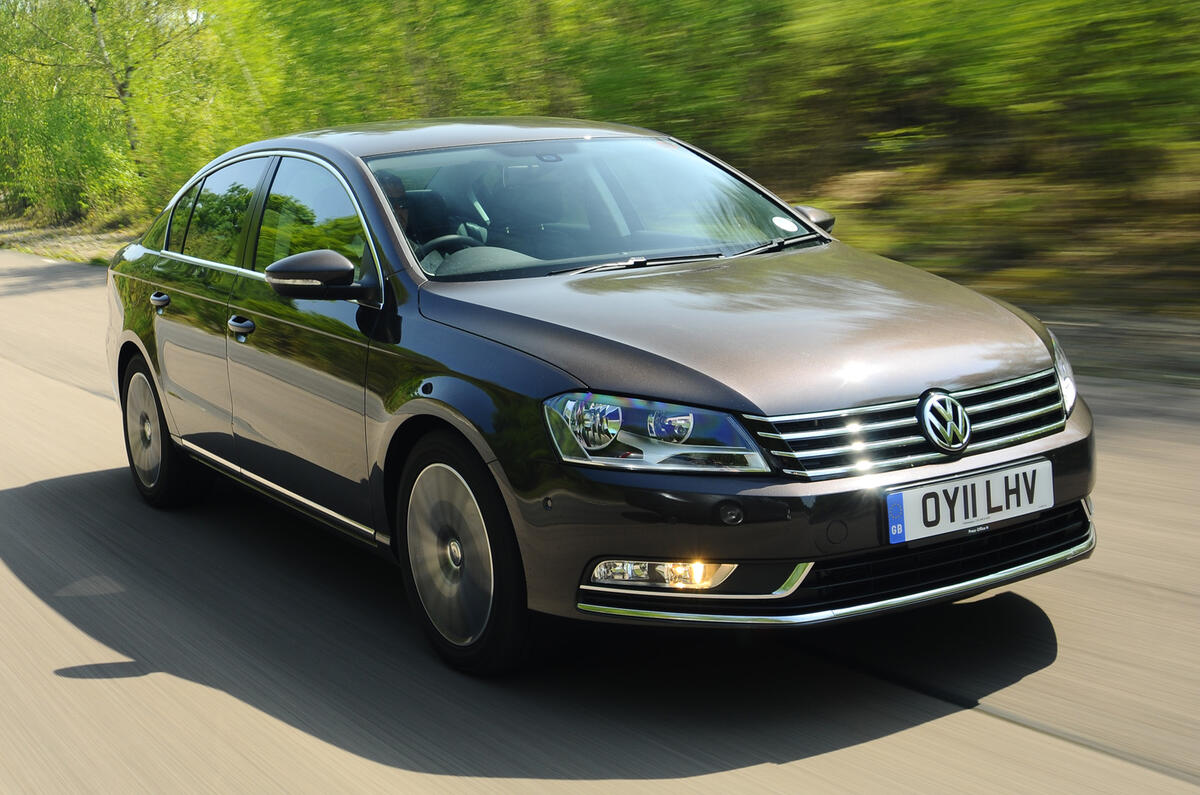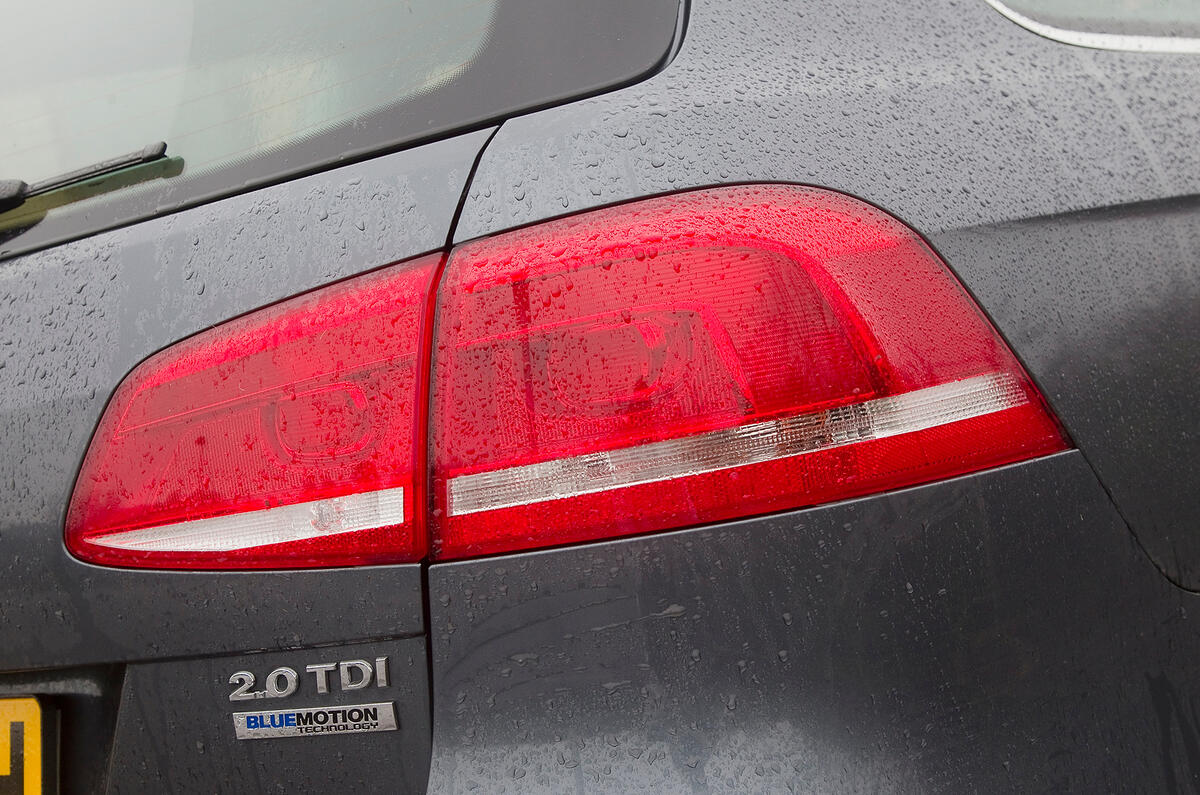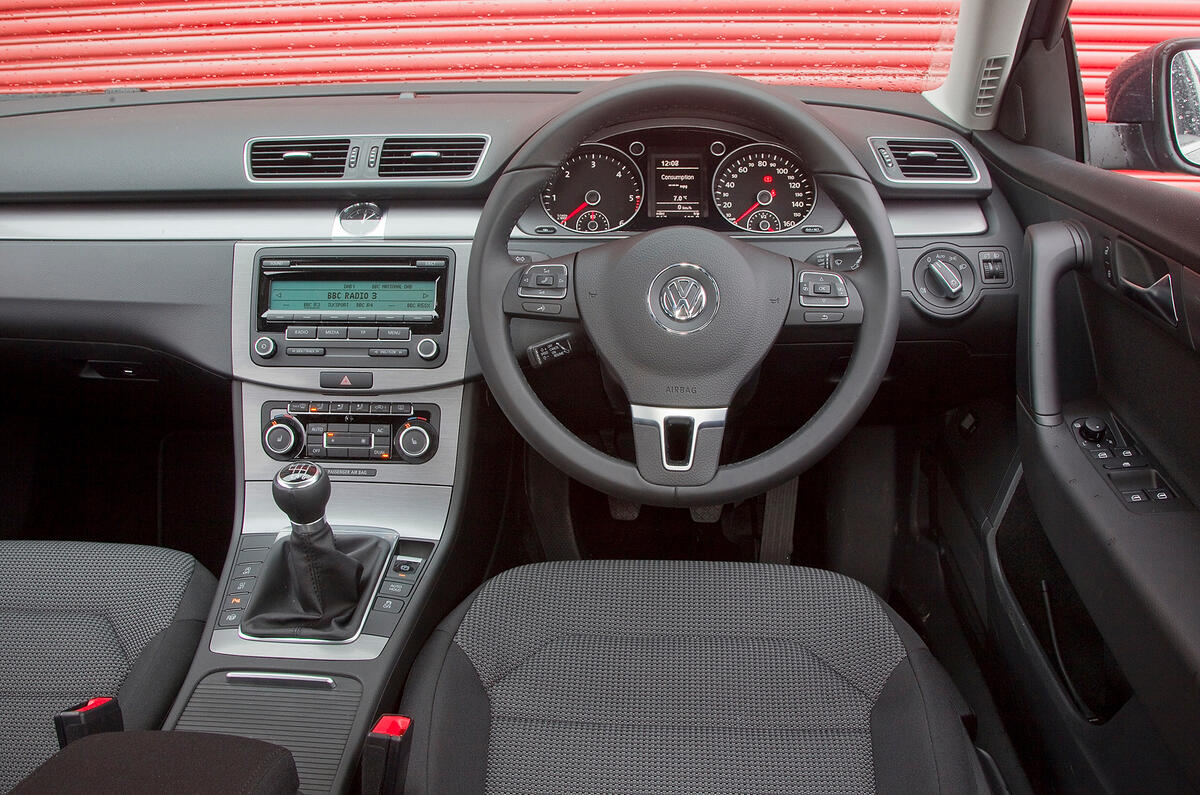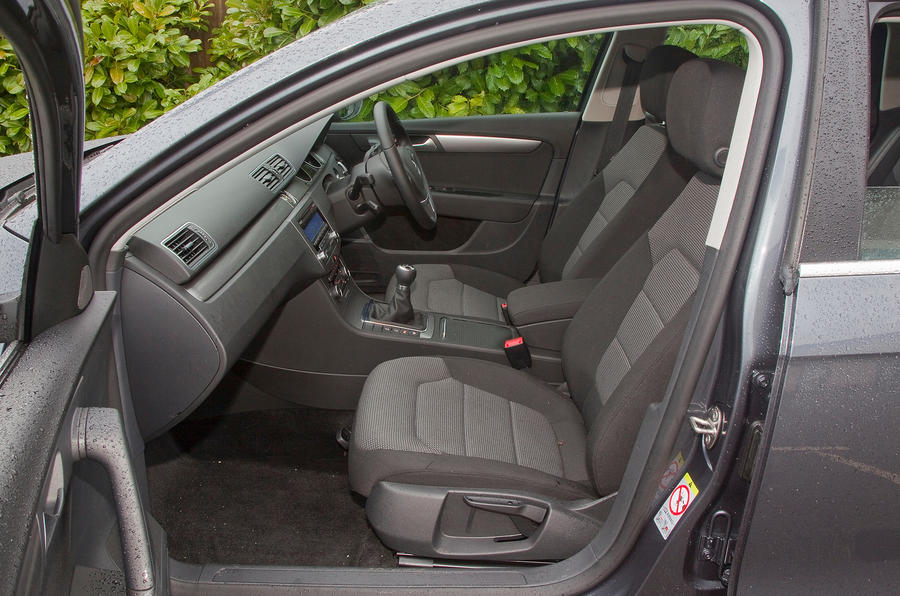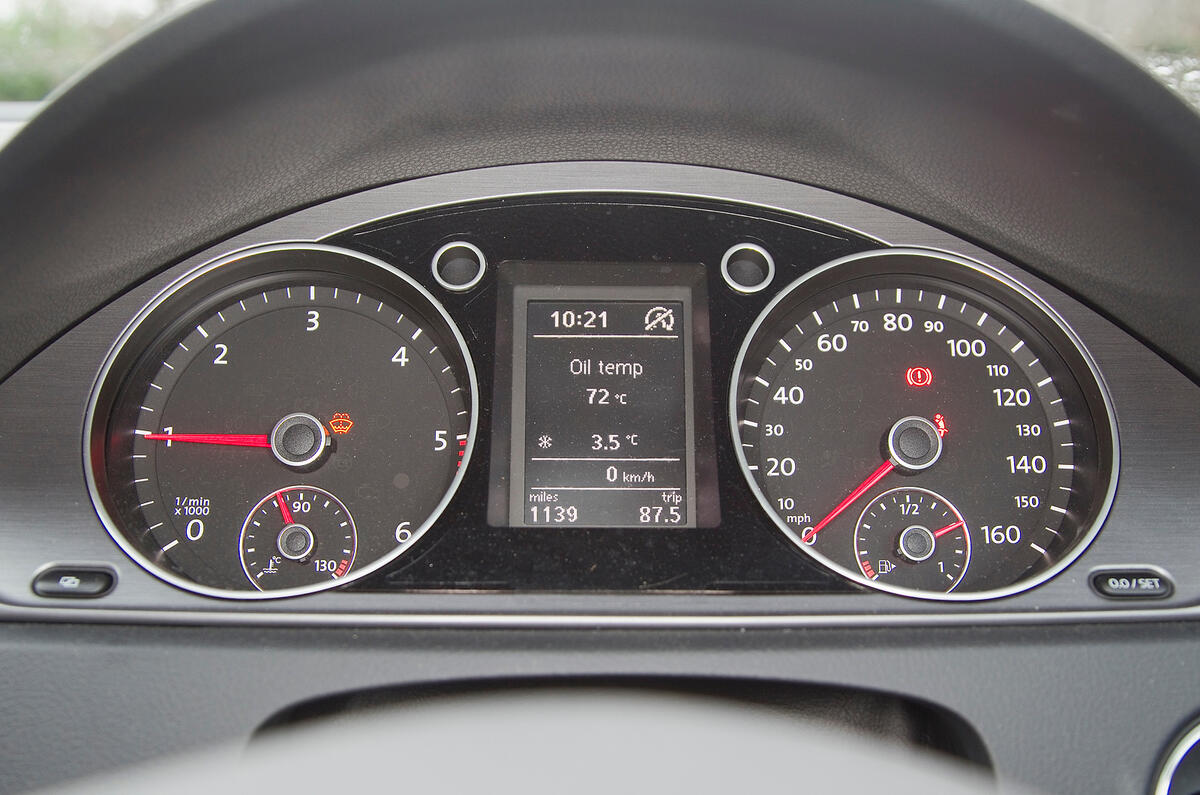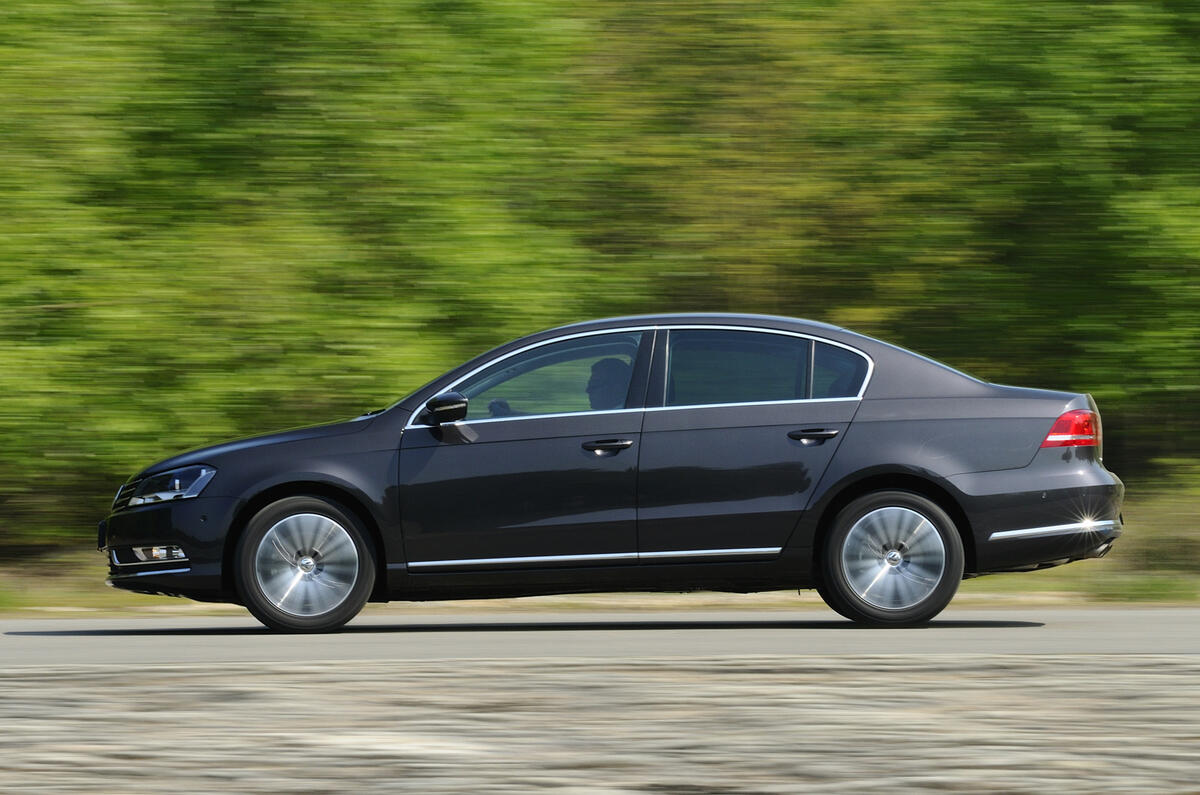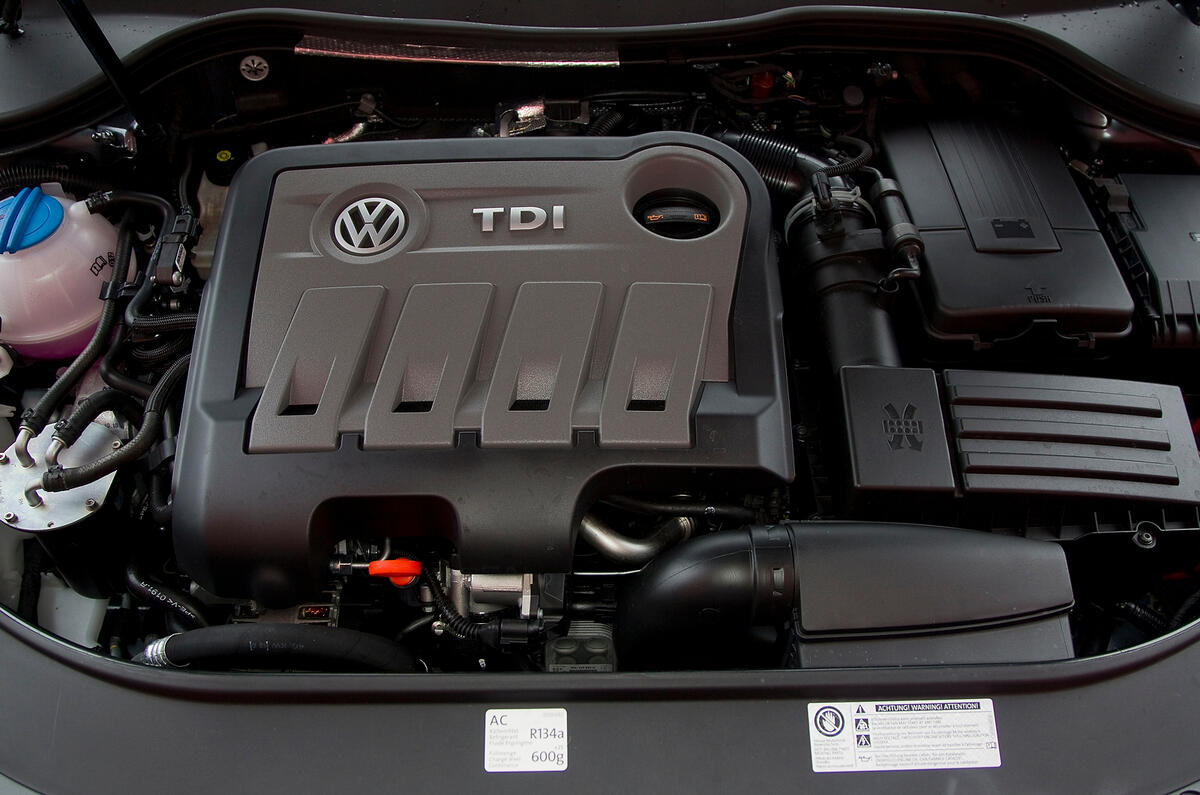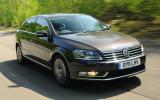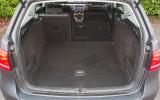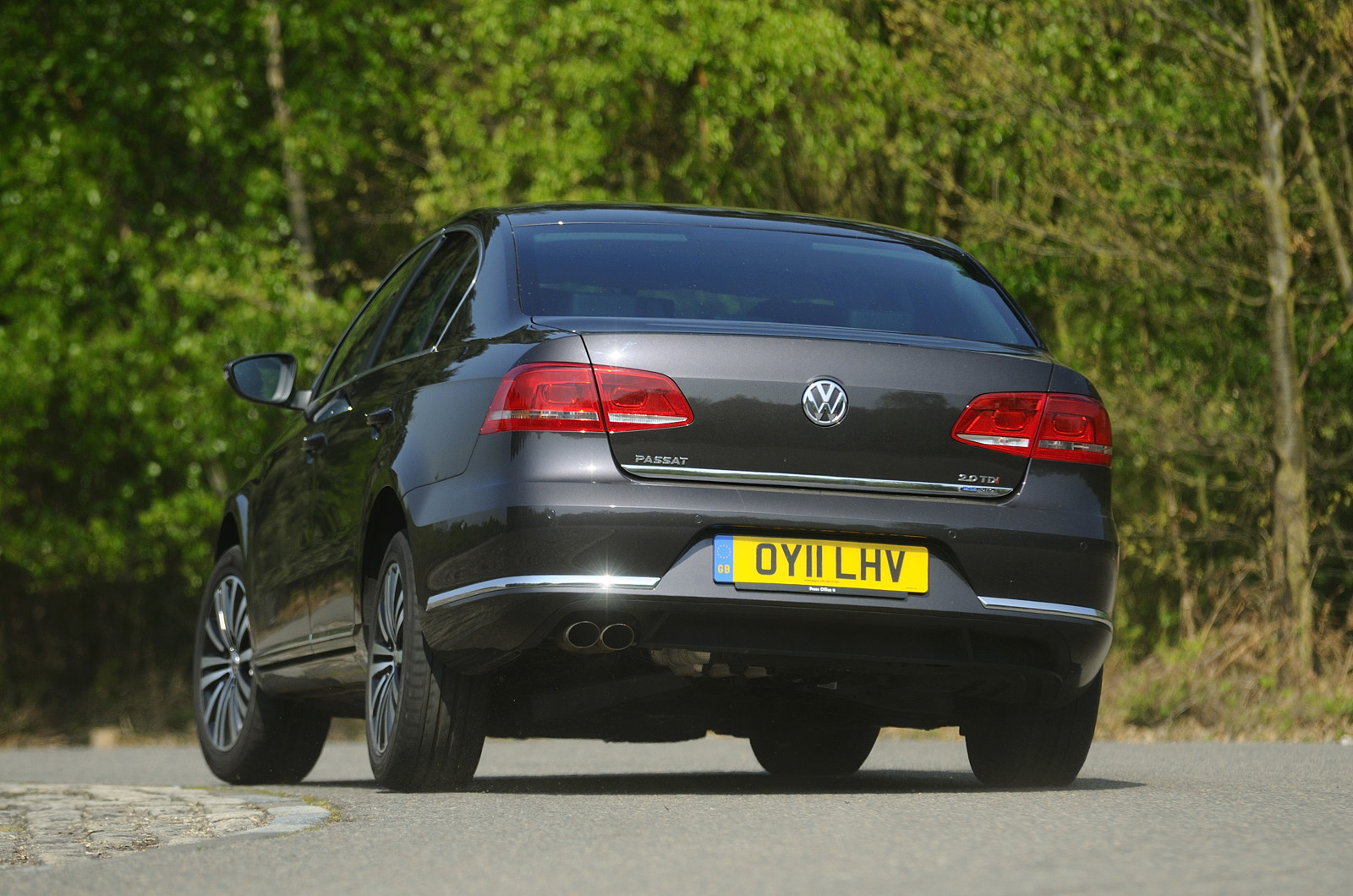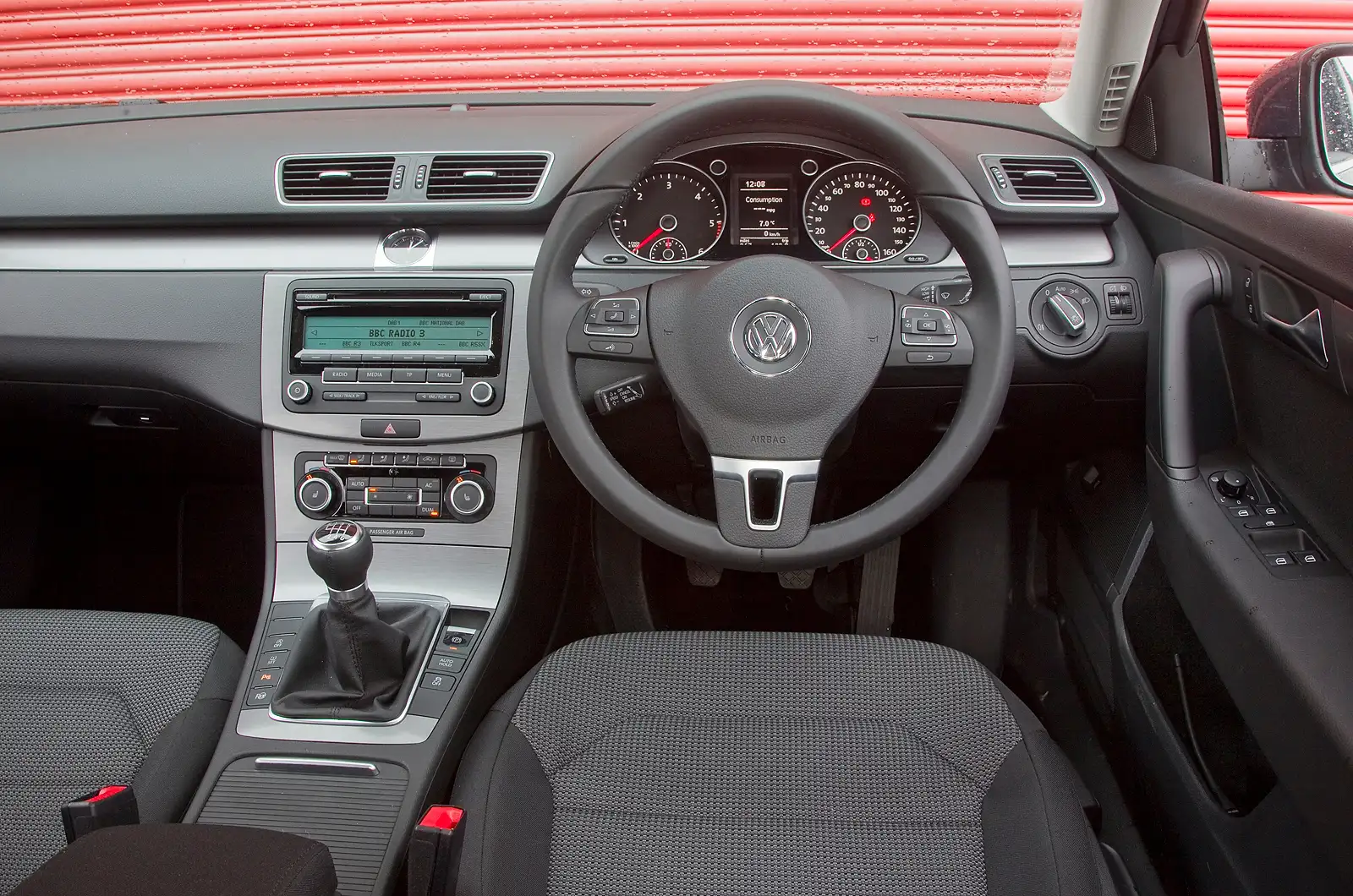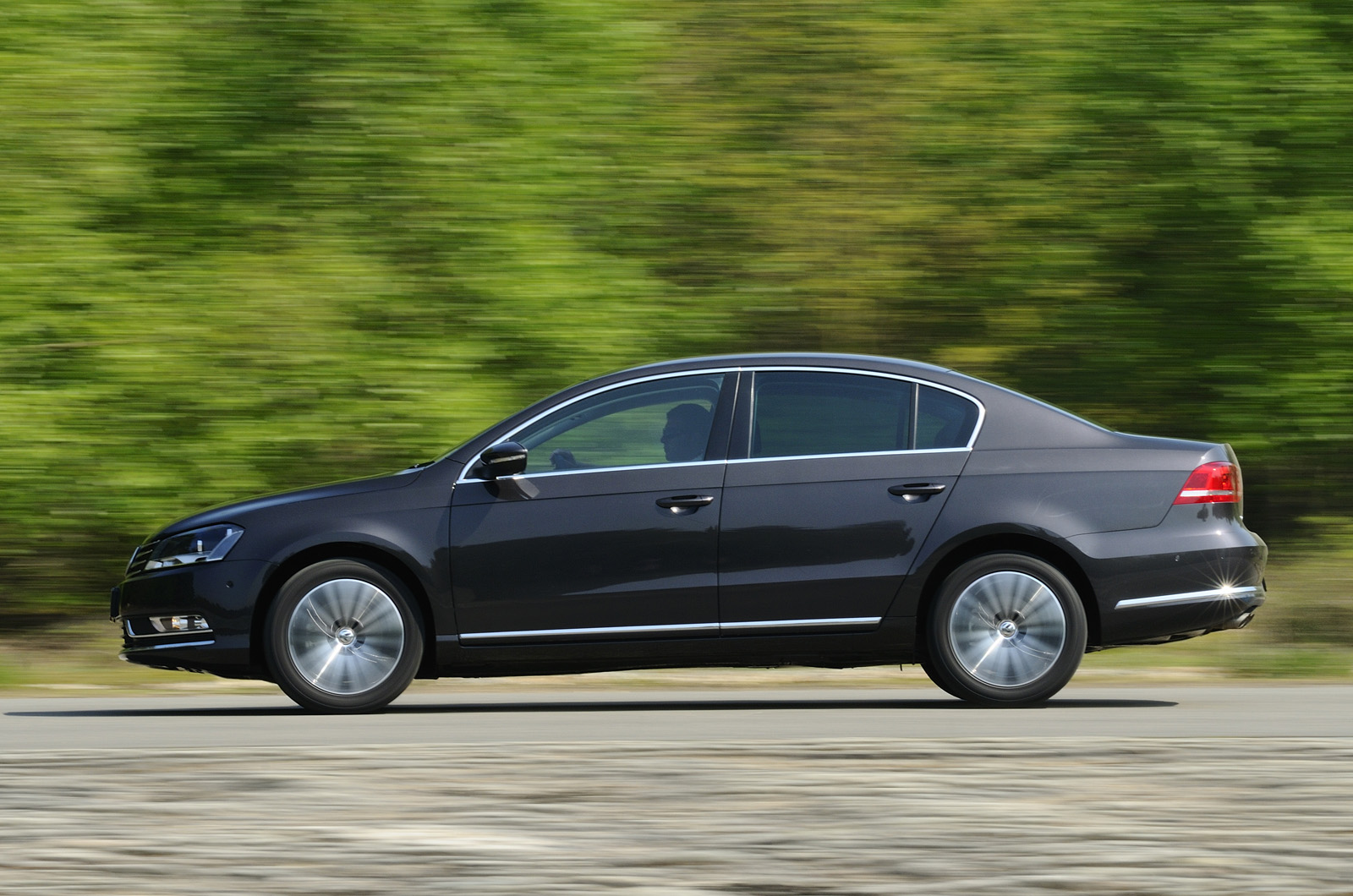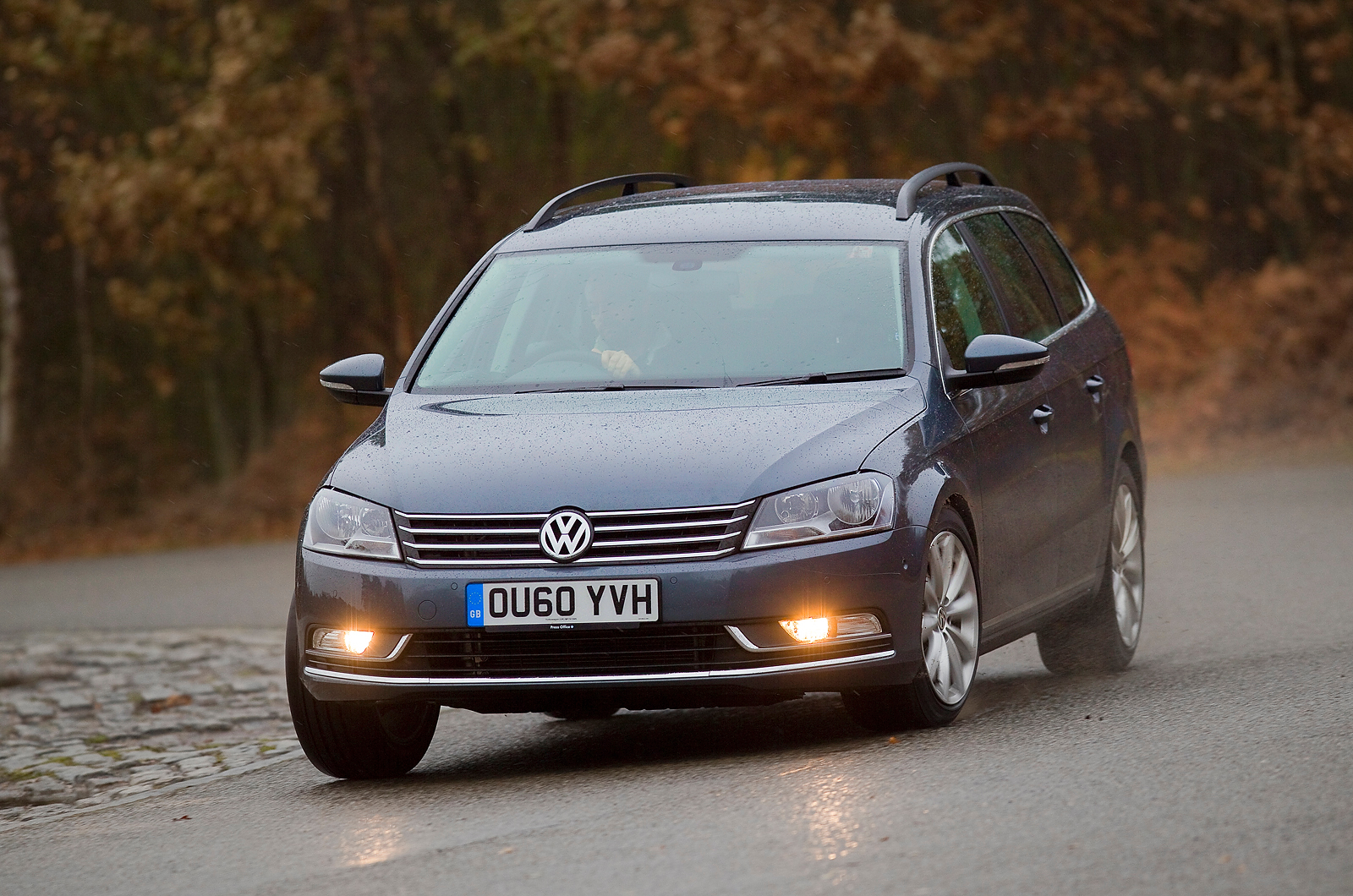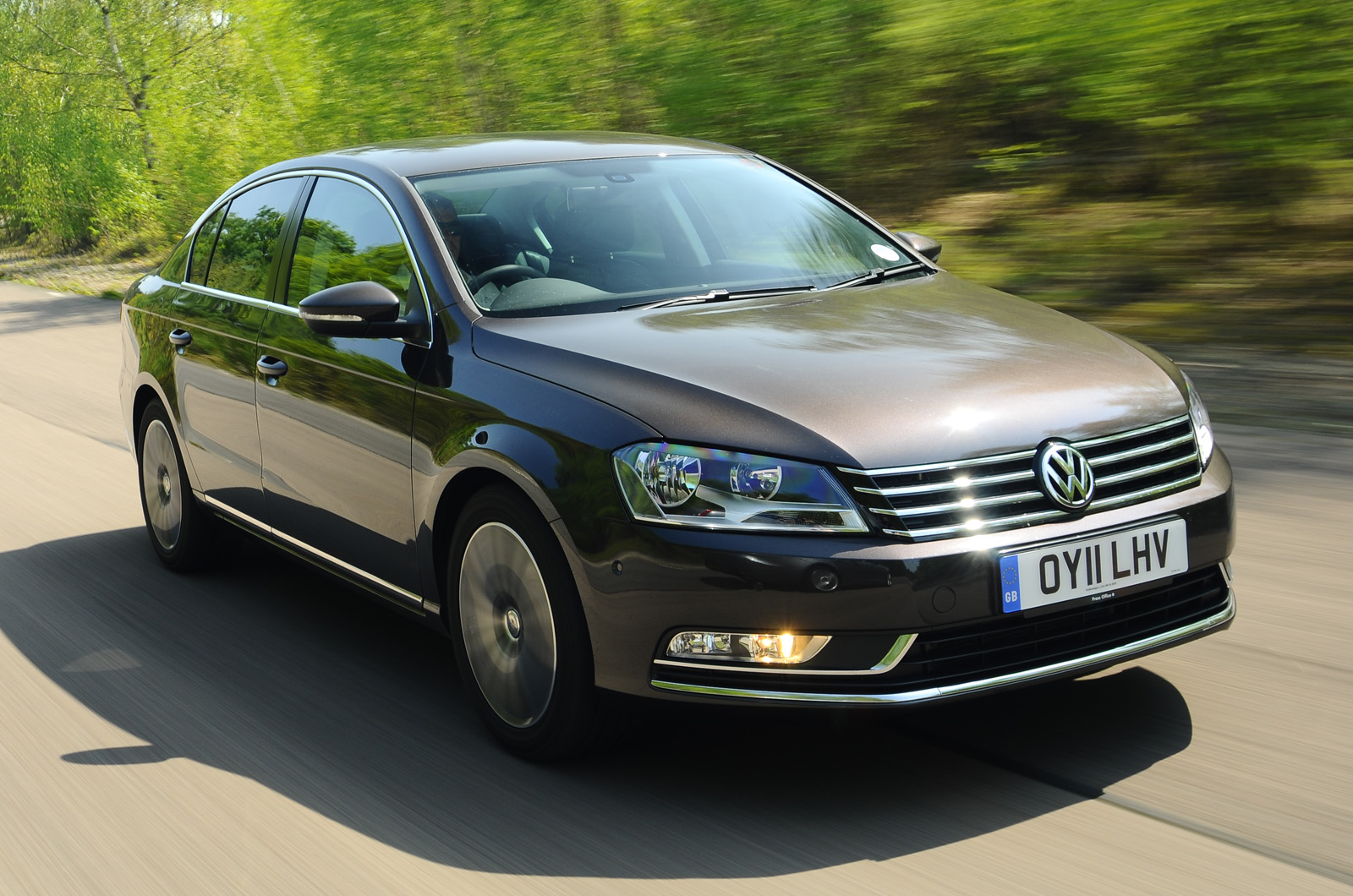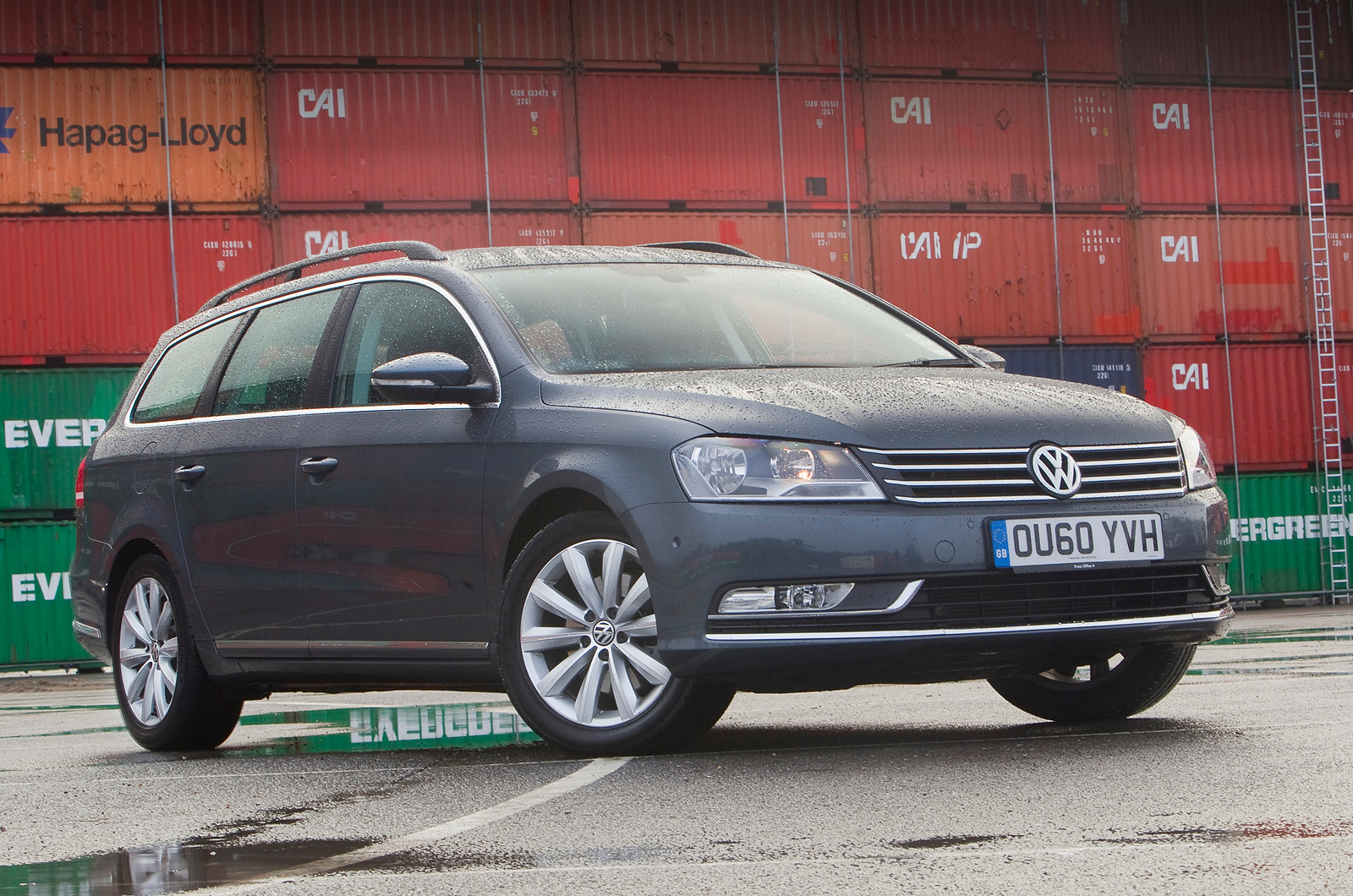Although Volkswagen refers to this as its seventh-generation Volkswagen Passat, a more accurate representation is that this is a comprehensive refresh of the previous-generation Passat (introduced to the UK in 2006) rather than an all-new car. That said, there is more to report than the visual alterations that bring it in line with VW’s Scirocco-led corporate look.
The changes aim to improve the Passat’s refinement and ecological credentials. Thicker glass and more sound deadening materials have been employed to provide a quieter cabin, while all diesel models use stop-start and battery regeneration technology and are now badged BlueMotion.
VW says its desire was not to revolutionise the Passat but to enhance its competitiveness. Against the likes of the Ford Mondeo, Peugeot 508 and Skoda Superb, it has a tough challenge.
It’s meeting that challenge with a range that comprises three petrol and three diesel engines, all transversely mounted, forced-induction four-pots. The petrol selection consists of a 120bhp 1.4, a 158bhp 1.8 and a 2.0-litre unit with 207bhp. The diesels are a 104bhp 1.6 and 2.0-litre units with 138bhp and 168bhp. All diesel models feature a new mounting system designed to reduce engine vibrations.
This generation of Passat also sees the introduction of a Passat Alltrack model. It is a similar design to the Audi A4 Avant, being an estate with 4WD and a raised ride height. VW hopes the security of all-wheel-drive in a conventional estate is enough to tempt buyers out of fully-fledged off-roaders. It is available with the pair of 2.0-litre diesels.


